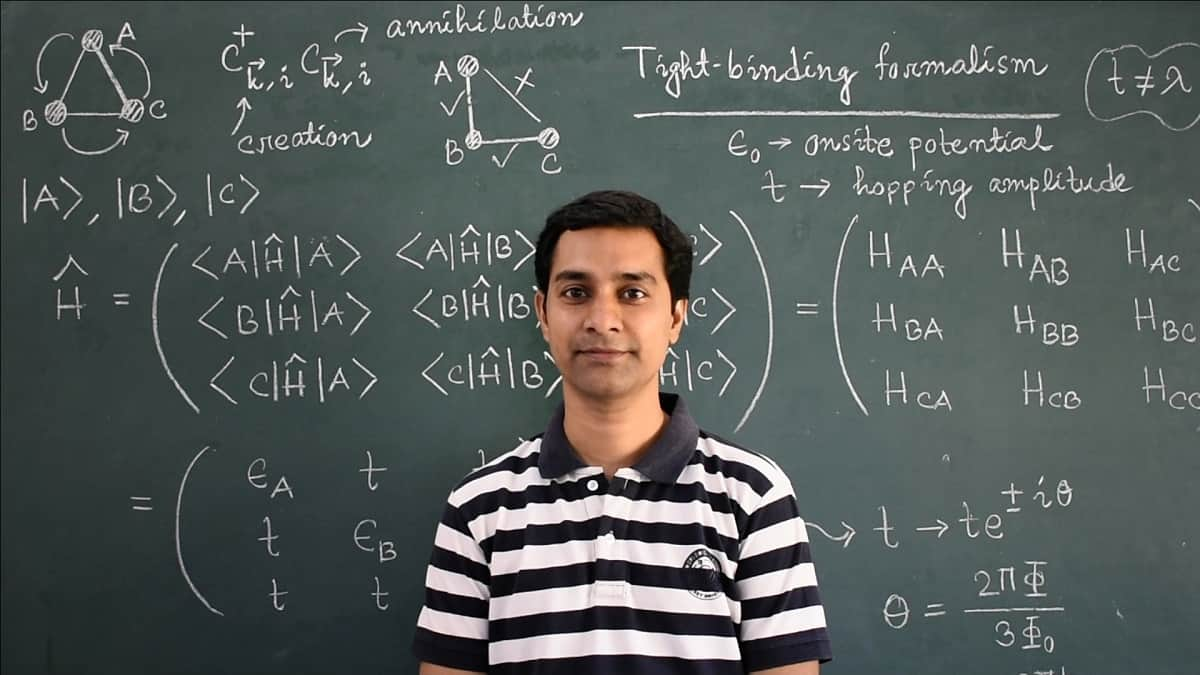Nagaland University study brings snowflakes, trees into quantum world; featured on global journal cover
Anu Parthiban | September 16, 2025 | 01:03 PM IST | 2 mins read
By featuring on the cover of the journal’s latest issue, Nagaland University has become one of the select Indian universities to make visible contributions to global quantum research.

A researcher at Nagaland University has replicated the complex patterns of fractals found in nature — such as snowflakes, tree branches, and neuron networks — in the quantum world, making it the only central university in the state to have made significant contributions to India’s National Quantum Mission.
The breakthrough study, undertaken by Biplab Pal, assistant professor, Department of Physics, School of Sciences, Nagaland University, has been published in the prestigious Physica Status Solidi – Rapid Research Letters, a peer-reviewed international scientific journal published by Wiley-VCH (Germany), the official statement read.
By featuring on the cover of the journal’s latest issue, the university has become one of the select Indian universities to make visible contributions to global quantum research; further strengthening India’s mission.
The study opens exciting possibilities in:
- Quantum Devices - Designing molecular fractal-based nanoelectronic devices
- Quantum Algorithms and Information Processing - Better control over electron states for future computing applications
- Aharonov-Bohm Caging Effect - Trapping electrons in fractal geometries, a phenomenon that could be harnessed in quantum memory and logic devices.
Also read Promises vs Provision: Public funding for NEP 2020 stuck at around 4% of GDP
Biplab Pal said: “Fractals are naturally occurring patterns that repeat themselves at different scales, seen in structures like coastlines, leaves, and blood vessels.”
Elaborating on this research, Pal added: “In this research, I have used quantum mechanics to simulate how electrons behave under a magnetic field within such fractal systems. This approach is unique because most research in quantum devices relies on crystalline materials. This work shows that non-crystalline, amorphous materials can also be effectively used to design nanoelectronic quantum devices.”
He said that the findings will help researchers explore how amorphous non-crystalline materials can be engineered for quantum technologies, thereby expanding the material base for India’s and the world’s quantum innovation efforts.
The vice-chancellor of the university congratulated Pal and said: “India is already committed to advancing next-generation technologies through the National Quantum Mission. Our research shows a new pathway where naturally-inspired fractal geometries can be applied in quantum systems. This could contribute meaningfully to the development of future quantum devices and algorithms.”
Follow us for the latest education news on colleges and universities, admission, courses, exams, research, education policies, study abroad and more..
To get in touch, write to us at news@careers360.com.